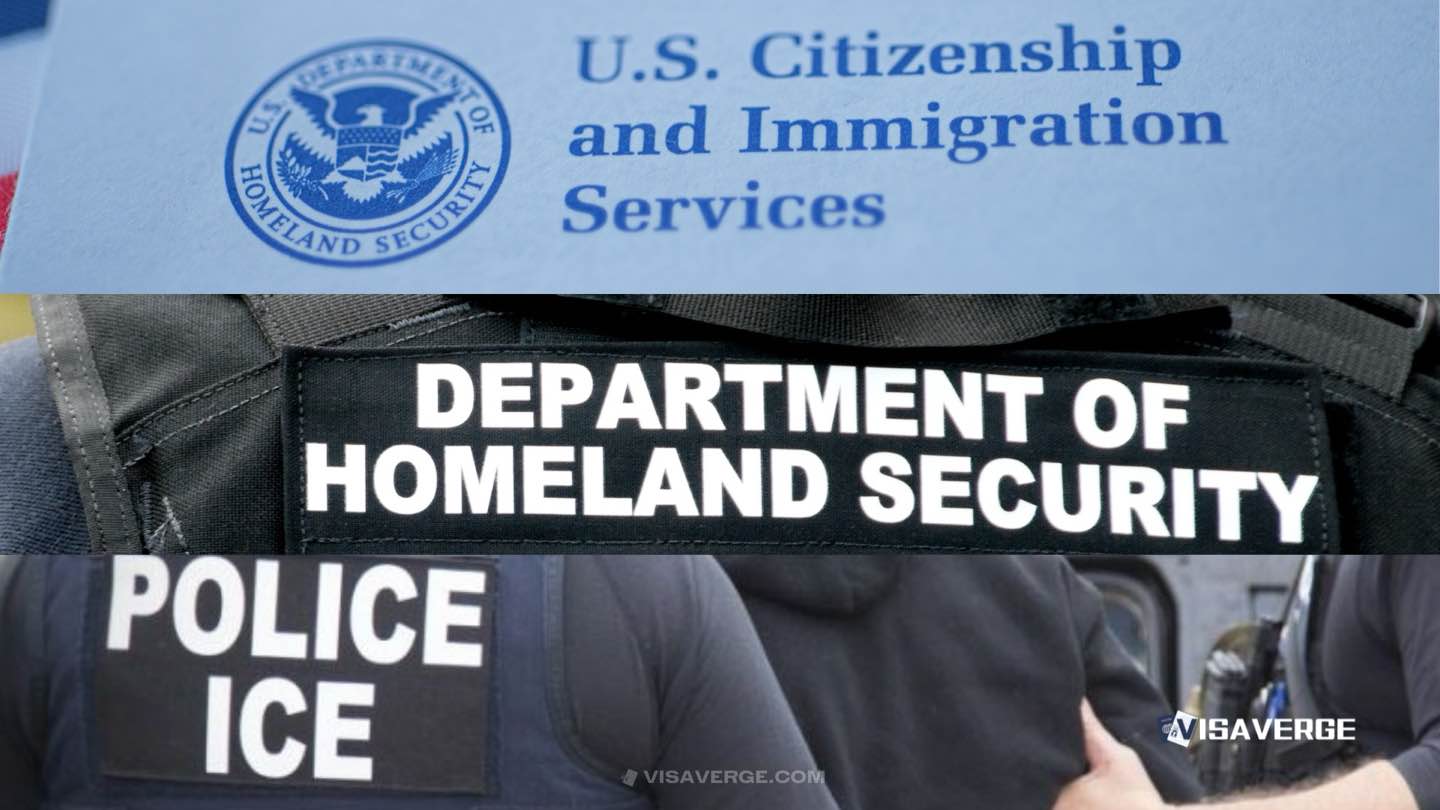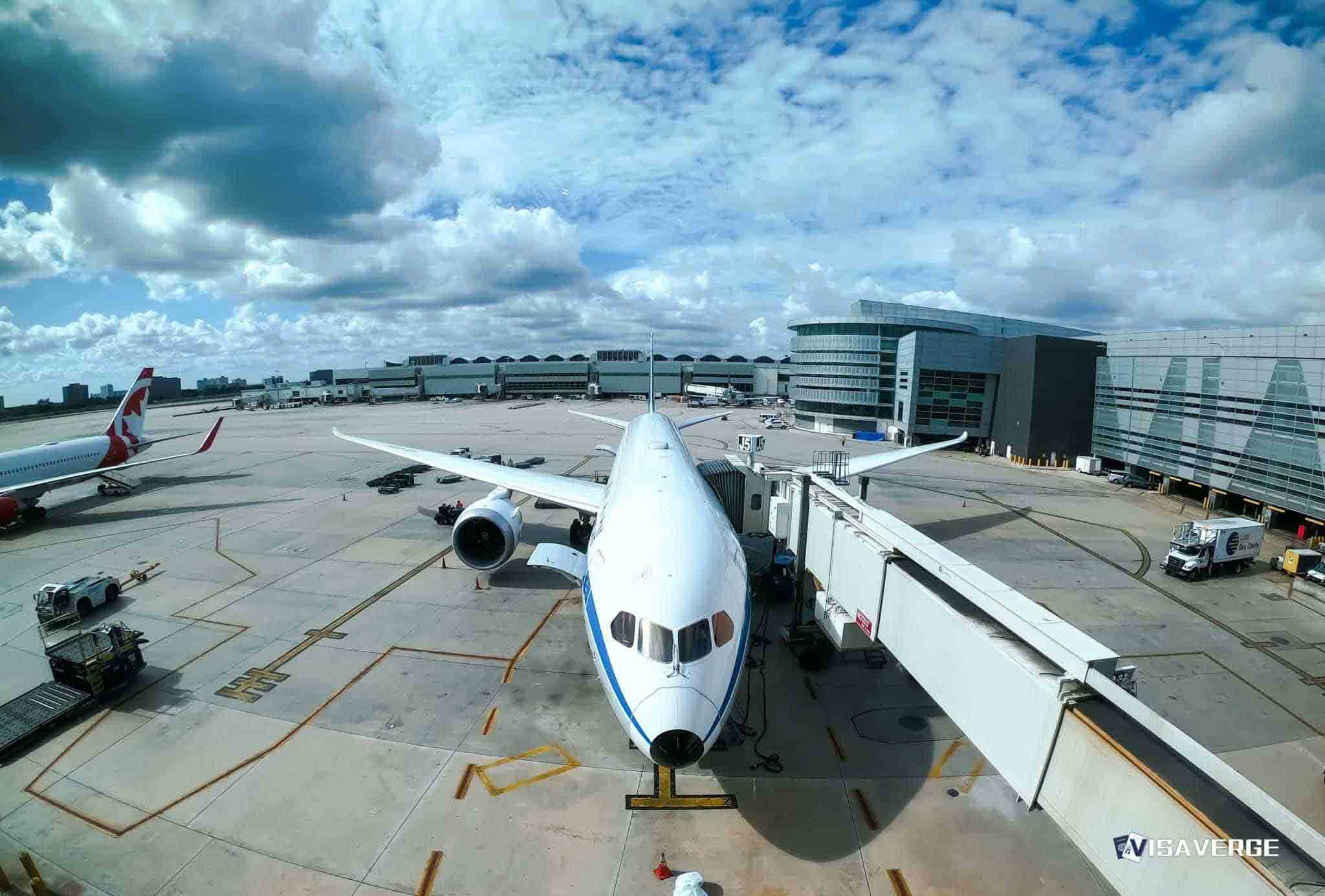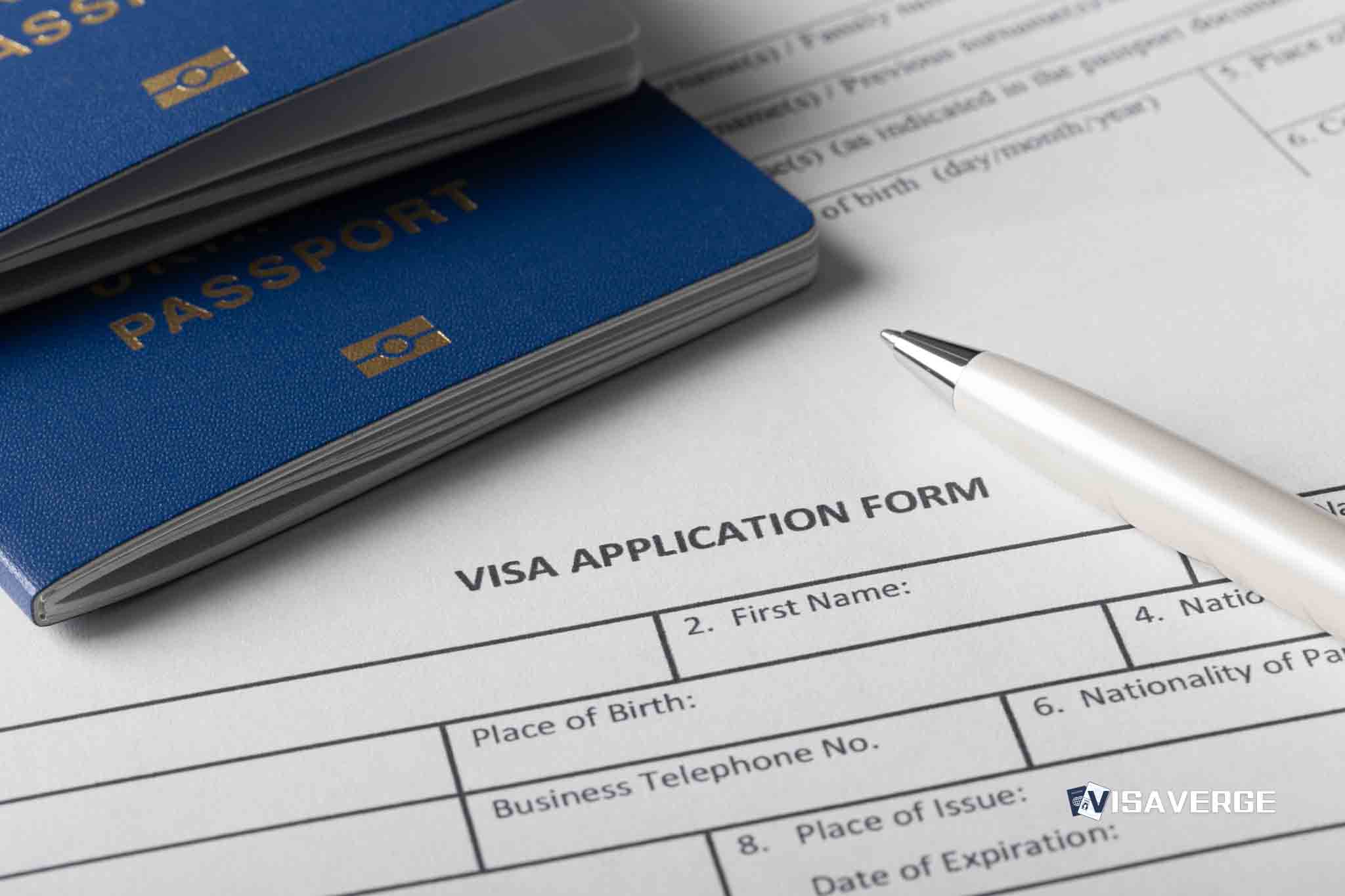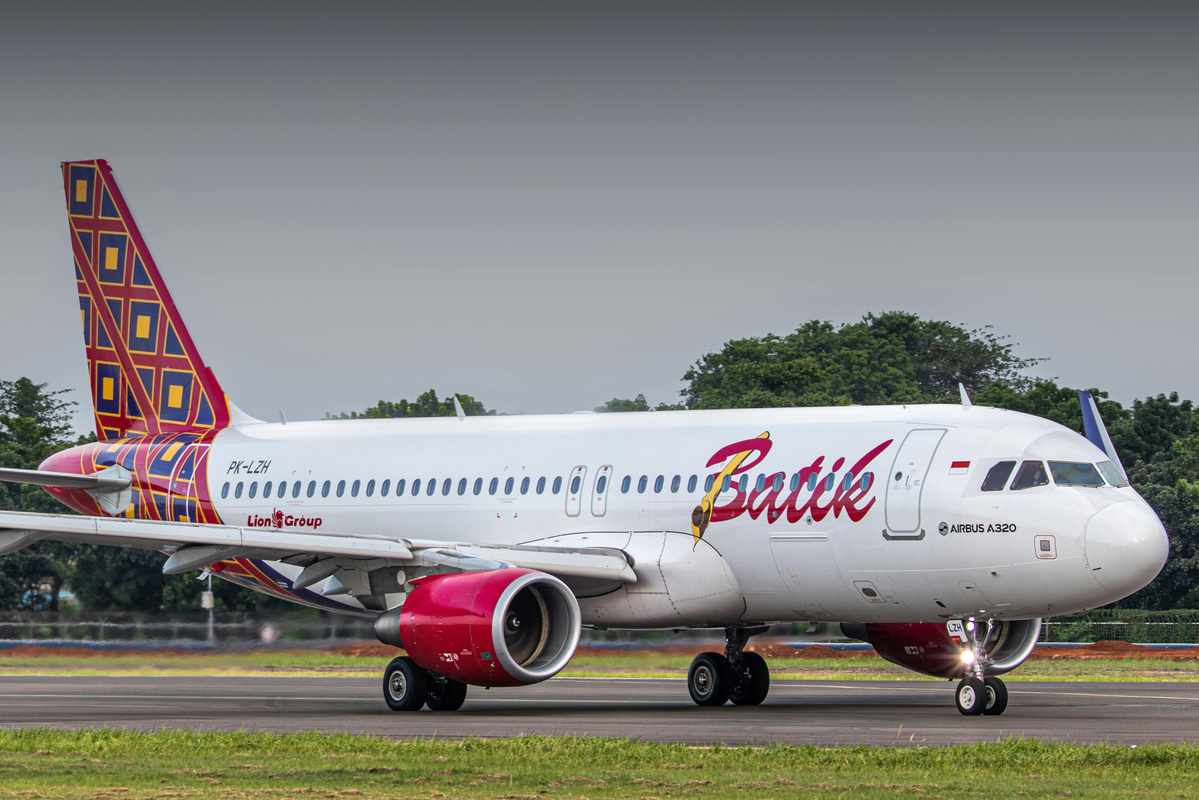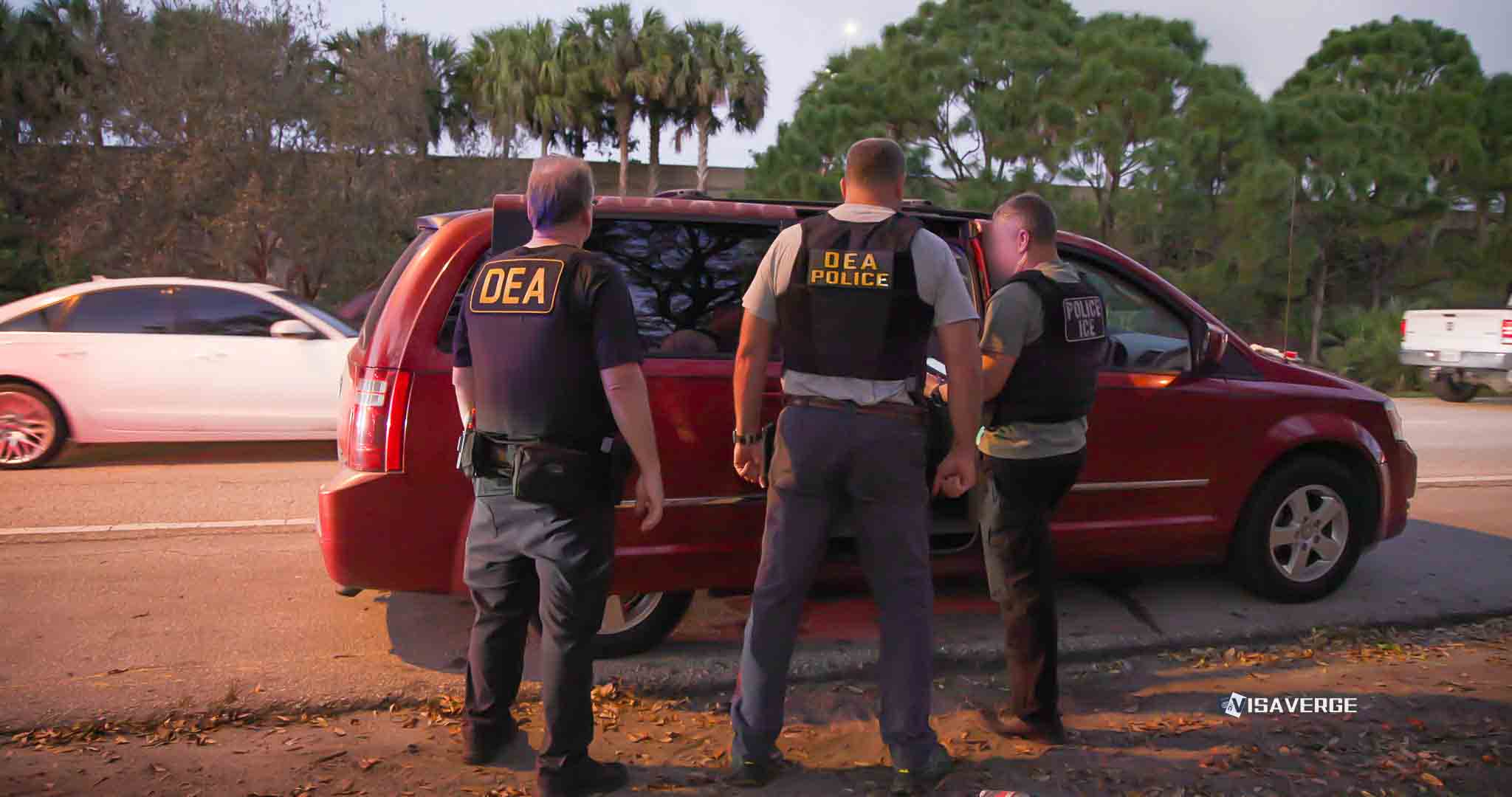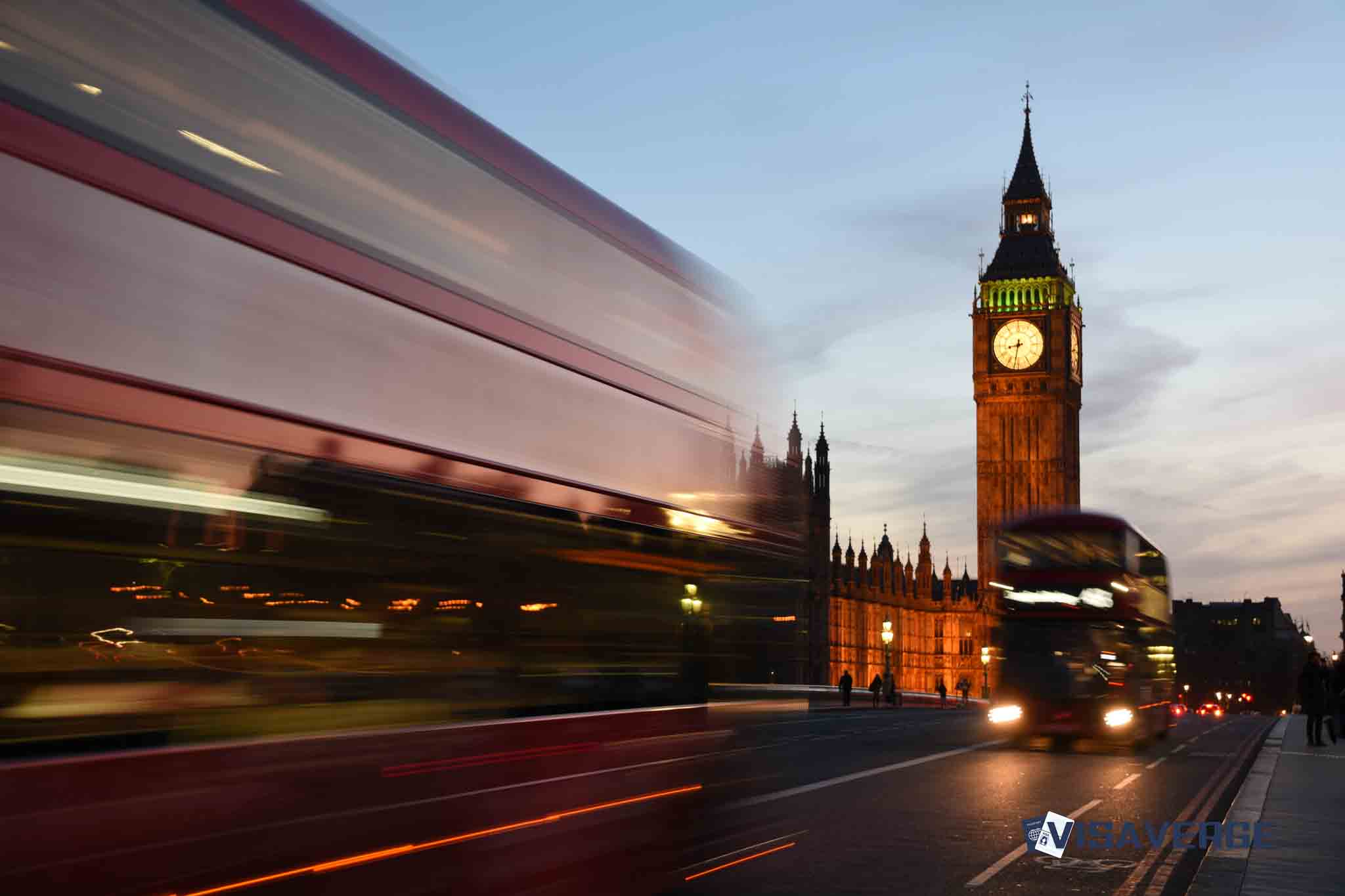Key Takeaways
• France faces 25% flight cuts at Paris airports on July 3, 2025, due to air traffic controllers’ strike.
• UNSA-ICNA union strikes July 3-4, demanding better staffing, management, amid technical failures in France.
• Flight reductions reach 50% in Nice, Bastia, Calvi; 30% in Lyon, Marseille, Montpellier, Ajaccio, Figari.
France Faces Major Air Travel Disruption as Air Traffic Controller Strike Hits Paris Airports
France 🇫🇷 is preparing for a major disruption in air travel as a planned air traffic controller strike is set to impact Paris airports and other major cities on July 3 and 4, 2025. The French civil aviation agency has asked airlines to cut flights at Paris airports by 25% on July 3, with even larger reductions at other airports across the country. This move comes as the country enters one of its busiest travel periods, raising concerns for travelers, airlines, and the broader aviation sector.

Who Is Affected and What Is Happening?
The strike, announced by the UNSA-ICNA union—the second largest group representing air traffic controllers in France 🇫🇷—will take place on July 3 and 4, 2025. The French civil aviation agency (DGAC) has responded by officially requesting airlines to reduce their flights at Paris airports by 25% on July 3. Other airports will see even steeper cuts:
- Paris airports: 25% flight reduction
- Nice, Bastia, Calvi: 50% flight reduction
- Lyon, Marseille, Montpellier, Ajaccio, Figari: 30% flight reduction
These reductions are meant to help manage the expected chaos and delays during the strike. However, even with these steps, significant disruptions are expected for anyone flying in or out of France 🇫🇷 during these days.
Why Is the Strike Happening?
The UNSA-ICNA union called for this strike because of several ongoing problems:
- Not enough staff: The union says there are not enough air traffic controllers because of poor hiring policies.
- Management problems: They claim the DSNA (Direction des Services de la Navigation Aérienne), which runs air traffic control in France 🇫🇷, is managed in a way that does not listen to workers and is too strict.
- Technical failures: There have been recent problems with computer systems that help manage air traffic, causing more stress for workers.
The timing of the strike is especially important. It comes right at the start of the French school summer vacation, which is one of the busiest times for travel in France 🇫🇷. Last year, a similar strike led to about half of all flights being canceled at major airports, showing just how serious the impact can be.
How Will the Strike Affect Passengers and Airlines?
Travelers and airlines are both facing big challenges because of the planned strike. Here’s what you need to know if you’re planning to fly to, from, or through France 🇫🇷 during this period:
For Passengers
- Flight cancellations and delays: Many flights will be canceled or delayed, especially at Paris airports and other major cities.
- Advice to change flights: Passengers are strongly advised to change their flights if they can, to avoid being caught up in the disruption.
- Longer wait times: Even if your flight is not canceled, you should expect longer lines and wait times at airports.
- Unavoidable disruptions: The French civil aviation agency has made it clear that, despite their efforts, delays and cancellations will be hard to avoid.
For Airlines
- Mandatory flight reductions: Airlines must follow the government’s request to cut flights, which means they will have to cancel or reschedule many flights.
- Operational challenges: Managing these changes, helping passengers, and dealing with the impact on schedules will be a major challenge.
- Customer service pressure: Airlines will need to handle a large number of calls and requests from passengers looking to change or cancel their flights.
For the Aviation Sector
- Financial impact: Airlines and airports could lose a lot of money because of canceled flights and fewer passengers.
- Reputation risks: Ongoing strikes and disruptions can hurt the reputation of France 🇫🇷 as a reliable travel destination.
Background: Why Are Air Traffic Controllers Striking?
To understand why this strike is happening, it’s important to look at the issues raised by the UNSA-ICNA union. Air traffic controllers play a key role in keeping flights safe and on time. When there are not enough controllers, or when the systems they use break down, it puts a lot of pressure on those who are working.
The union says that the DSNA has not hired enough new controllers in recent years. This means that the current staff is overworked, especially during busy travel periods like the summer holidays. On top of that, recent problems with computer systems have made their jobs even harder.
The union also accuses DSNA management of being too strict and not listening to workers’ concerns. They say that these problems have been building up for a long time and that the strike is their way of demanding real changes.
What Happened During the Last Strike?
Last year, a similar strike by air traffic controllers in France 🇫🇷 led to about 50% of flights being canceled at major airports. Many travelers were stranded or faced long delays. The disruption was felt not just in France 🇫🇷, but across Europe, as flights to and from other countries were also affected.
This history shows that the upcoming strike could have a very serious impact, especially since it is happening during one of the busiest travel times of the year.
Official Positions and Stakeholders
Several key groups are involved in this situation, each with their own role and perspective:
- French Civil Aviation Agency (DGAC): This agency is responsible for making sure air travel is safe and runs smoothly in France 🇫🇷. They have asked airlines to cut flights to try to reduce the impact of the strike.
- UNSA-ICNA Union: This is the group representing many air traffic controllers. They are leading the strike and demanding better staffing and management.
- DSNA (Direction des Services de la Navigation Aérienne): This is the organization that runs air traffic control in France 🇫🇷. They have been criticized by the union for not hiring enough staff and for management problems.
- Airlines: All airlines flying to, from, or through France 🇫🇷 must follow the government’s request to cut flights. They are responsible for helping passengers affected by the disruption.
What Should Passengers Do?
If you are planning to travel to, from, or through France 🇫🇷 on July 3 or 4, 2025, here are some steps you can take to reduce the risk of being affected by the strike:
- Check your flight status: Stay in touch with your airline and check for updates regularly. Many airlines will send emails or text messages if your flight is canceled or changed.
- Consider changing your travel dates: If possible, try to move your flight to a different day, either before or after the strike.
- Arrive early at the airport: If you must travel on these days, get to the airport earlier than usual in case of long lines or delays.
- Have a backup plan: Think about other ways to reach your destination, such as trains, buses, or driving, in case your flight is canceled.
- Keep important documents handy: Make sure you have your passport, visa, and any other travel documents with you at all times.
For official updates and information on flight status, travelers can visit the French Civil Aviation Authority (DGAC) website.
How Are Airlines Responding?
Airlines are under pressure to manage the impact of the strike while following government orders. They are working to:
- Notify passengers: Airlines are contacting affected passengers by email, text, or phone to let them know about cancellations or changes.
- Offer rebooking or refunds: Most airlines will allow passengers to change their flights for free or get a refund if their flight is canceled.
- Increase customer service staff: Airlines are adding more staff to help answer questions and handle requests from passengers.
However, with so many flights affected, it may take longer than usual to get help from airlines. Passengers are encouraged to use online tools and apps where possible to change flights or get updates.
What Are the Broader Implications?
The strike at Paris airports and other French cities is not just a problem for travelers and airlines. It also highlights bigger issues in the French aviation sector:
- Labor relations: Ongoing strikes show that there are deep problems between workers and management in air traffic control.
- Staffing shortages: Not having enough air traffic controllers puts pressure on the whole system and increases the risk of delays and mistakes.
- Technical reliability: Recent computer system failures have made it harder for controllers to do their jobs and have added to the stress.
These problems are not unique to France 🇫🇷, but the country’s busy airspace and central location in Europe mean that disruptions here can have a ripple effect across the continent.
What Might Happen Next?
As of now, the strike is still planned for July 3 and 4, 2025. The union has not said anything about canceling or delaying the strike. Because the strike is happening at the start of the summer vacation, there is a real risk that the disruption could last longer or that more strike days could be added.
Authorities and airlines are watching the situation closely. They may issue more advice or change their plans as the strike dates get closer. Passengers should keep checking for updates from their airlines and from official sources like the DGAC.
What Can Immigrants and International Travelers Expect?
For immigrants, international students, and others who need to travel to or from France 🇫🇷 for important reasons, the strike could cause serious problems. Delays or cancellations might affect visa appointments, work start dates, or family reunions.
- Visa appointments: If you have a visa interview or appointment in France 🇫🇷, check with the embassy or consulate to see if you can reschedule if your flight is canceled.
- Work and study: If you are starting a new job or school program, let your employer or school know about possible delays.
- Family visits: If you are traveling to see family, keep them updated about your travel plans and any changes.
According to analysis by VisaVerge.com, travelers with urgent immigration needs should contact both their airline and the relevant immigration office as soon as possible to explain their situation and ask about possible solutions.
Practical Tips for Managing Travel During the Strike
Here are some practical steps you can take to reduce the impact of the France 🇫🇷 air traffic controller strike:
- Book flexible tickets: If you haven’t booked your flight yet, choose tickets that allow changes or refunds.
- Use travel insurance: Make sure your travel insurance covers strikes and related disruptions.
- Stay informed: Follow news updates and check official websites for the latest information.
- Prepare for delays: Bring snacks, water, and entertainment for long waits at the airport.
- Keep receipts: If you have extra expenses because of delays or cancellations, keep all receipts in case you can claim compensation.
Where to Find Official Information
For the most up-to-date information on the France 🇫🇷 air traffic controller strike and its impact on Paris airports and other cities, use these official resources:
- French Civil Aviation Authority (DGAC): Official updates on flight reductions, cancellations, and travel advice.
- DSNA (Direction des Services de la Navigation Aérienne): Information on air traffic management and technical issues.
- UNSA-ICNA Union: Statements and updates on the strike.
- Airlines’ customer service portals: For flight changes, cancellations, and rebooking.
Conclusion: Prepare and Stay Flexible
The planned air traffic controller strike in France 🇫🇷 is set to cause major disruptions at Paris airports and other key travel hubs on July 3 and 4, 2025. With a 25% reduction in flights at Paris airports and even larger cuts elsewhere, travelers should expect cancellations, delays, and long wait times. The strike highlights ongoing problems in the French air traffic control system, including staffing shortages and management issues.
If you are planning to travel during this period, check your flight status, consider changing your travel dates, and stay in touch with your airline. For those with urgent immigration needs, contact both your airline and the relevant immigration office as soon as possible. By staying informed and flexible, you can reduce the impact of the strike on your travel plans.
For more information and official updates, visit the French Civil Aviation Authority (DGAC) website.
Learn Today
UNSA-ICNA → The second largest French air traffic controllers’ union organizing the strike over staffing and management issues.
DGAC → French Civil Aviation Agency overseeing flight safety and managing air traffic during disruptions.
DSNA → Direction des Services de la Navigation Aérienne; runs air traffic control in France with reported management problems.
Flight Reduction → Officially mandated decrease in scheduled flights to manage capacity during strikes or crises.
Air Traffic Controller → Professionals who manage aircraft movements to ensure safe and efficient flight operations.
This Article in a Nutshell
A massive air traffic controller strike disrupts France’s busiest airports on July 3-4, 2025, cutting flights by up to 50%. Travelers face cancellations, delays, and long waits amid staffing shortages and management issues, urging early planning and flexible travel arrangements during peak summer vacation.
— By VisaVerge.com







